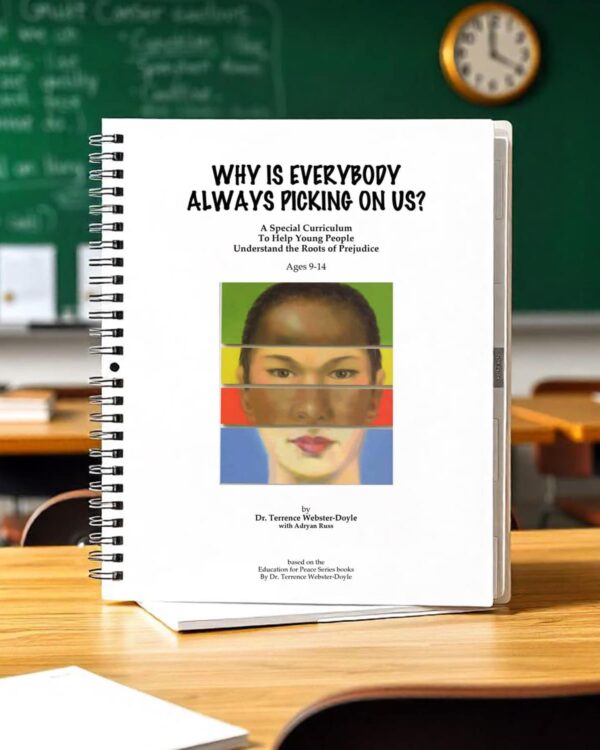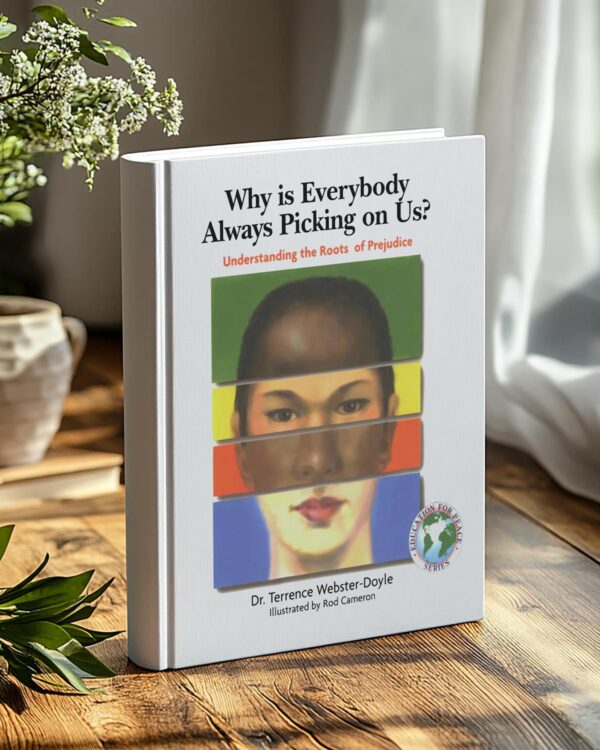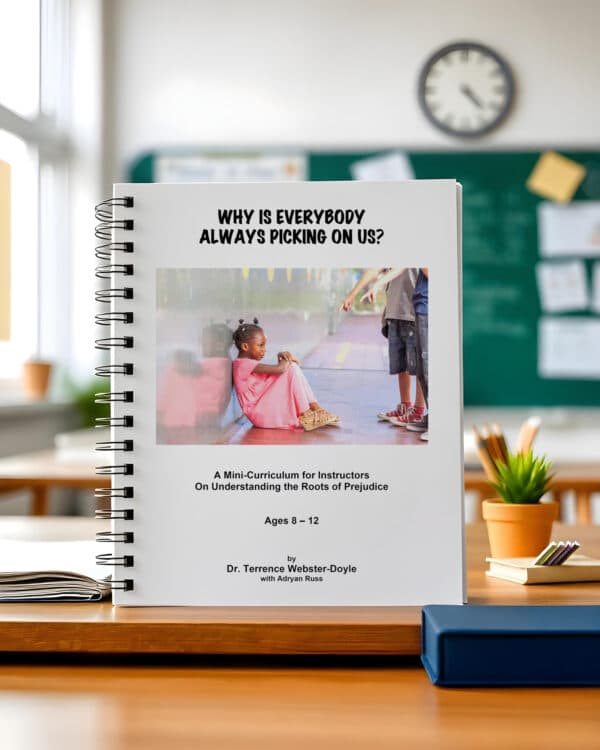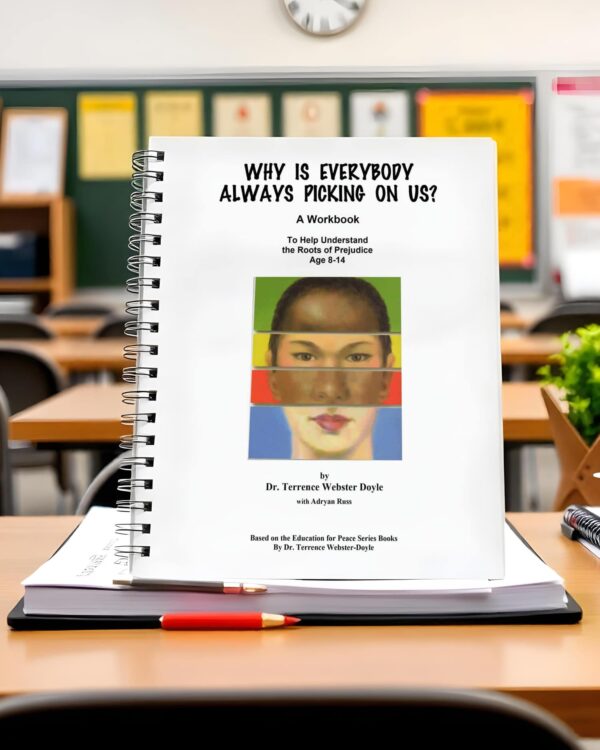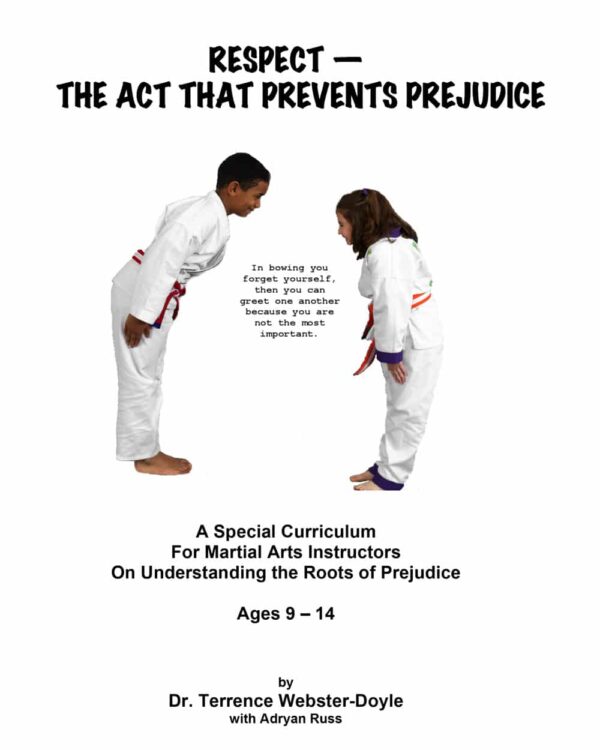Fear Is a Strange Feeling: Understanding the Roots of Fear

Fear is a strange feeling.
The first sensation that I have when I experience fear is that I cannot come into touch with something. I feel that I have to look away from the issue or experience.
Years ago, when I was in a monsoon in India looking out over a vast plain, all I saw was water. I felt an extraordinary fear. I closed my eyes, turned around, took a breath, and when I had the courage, I looked out again at the overwhelming flood.
This time, I felt the finality and the sadness of all the destroyed lives. I also noticed the extraordinary beauty of the silvery gray sheet of water.
When we are afraid, our first reaction is not to come into contact with the fear.
Perhaps fear, in its most elemental form, is basically the removal of contact.
When two families are afraid of each other because of race, religion, or culture, they separate their children, not allowing them to play with each other. They purposely take their children out of contact with each other. The children stare at each other from a distance, feeling the pain of the separation and wishing their parents would let them play.
The fear the families have about their children is not survival oriented, because in the long run, the more separated we are as human beings, the less we are able to help each other and the more our distrust of each other grows.
Interested? Keep Learning
-
Why is Everybody Always Picking on Us? Curriculum
Download Now$10.00 -
Why is Everybody Always Picking on Us? Book
Download Now$10.00 -
Why is Everybody Always Picking on Us? Mini Curriculum
Download Now$10.00 -
Why is Everybody Always Picking on Us? Workbook
Download Now$10.00 -
Respect: the Act that Prevents Prejudice Curriculum
Download Now$10.00
When we are afraid of each other, we design a life that reflects that fear.
Right now in the United States we are designing whole communities that have walls around them. In order to enter such a community you have to pass by a guard or know the special numbers that opens the gate.
By building such communities, we are acknowledging openly that we are afraid of each other and that we have not come to an understanding of our fear. We want to avoid contact with each other.
Fear is at the root of our difficult relationships.
If I am afraid of you, I want to stay out of contact with you. I will estrange myself from you. Just think of any difficult relationship you have had and think of the feelings you have about the other person.
Is fear at the root of the difficulty?
When we are afraid, we are unable to really look at the situation. If we really looked at the situation of building gated communities, we would know that in the long run such communities build distrust and fear and escalate conflict by creating more fear and less contact with each other.
The same applies to the families who insisted on separating their children due to race, religion, etc. If they decided that to understand each other was more productive and helpful to their survival and kinder to all children, they would stop preventing their children from playing together.
Fear is a necessary biological reaction that urges us to remove ourselves from danger.
Without it we would go into situations that are destructive to our physical survival, such as wandering out in a flooded plain.
Psychological fear, on the other hand, of another culture, race, or religion is not necessary and is dangerous to our survival because it breeds lack of contact with each other, distrust, and eventually conflict.
Next time you feel the sensation of fear, try to find out whether it is a survival oriented fear or whether it is based on something that is destructive to our survival and to a good understanding of each other.
“What is fear – not a particular fear, but fear itself? How does it come into being? What sustains it? Can there be freedom from fear? What is the relationship between fear and thought? When one gets hurt, either physically or psychologically, what happens to that hurt? Is it captured by memory to be projected in the future and, if so, what does this do? If there is no memory of hurt, is there fear?”
– Growing Up Sane: Understanding the Conditioned Mind by Terrence Webster-Doyle
